The Chairman of the Securities Exchange Commission, Gary Gensler, showed his cards. He spoke with legacy-media-operation The Washington Post and host David Ignatius for their series “The Path Forward” and spilled the beans. We at NewsBTC saw the whole interview so you don’t have to. We selected the most crucial quotes, and present them in all their splendor for you all to read them and reach your own conclusions.
Of course, we’re going to offer our two cents. We’re not made of steel. In general, though, you’ll get Gary Gensler’s unadulterated words. They’re shocking enough as it is.
Gary Gensler Is Looking Directly At StablecoinsEven though host David Ignatius had no questions about stablecoins, the topic was on Gensler’s mind. The SEC’s Chair brought it up a couple of times. First, he said:
“On something called stablecoins, and how the banking agencies–and we, too, market agencies–coordinate because these stablecoins may have attributes of investment contracts, have some attributes like banking products, but the banking authorities right now don’t have the full gamut of what they need.”
But his organization is not only thinking about stablecoins and trying to define them and isolate their attributes. They’re preparing a formal document:
“We’re working right now under the guidance of Secretary Yellen and working on a report around stablecoins, and in the world of stablecoins, I do think that there would be some help from Congress.”
This doesn’t seem that bad. Their report could conclude that stablecoins are a useful innovation and tool that the whole financial system can benefit from, right? Wrong. This is what Gensler and the SEC think about stablecoins, and pay attention to the language:
“These stablecoins are acting almost like poker chips at the casino right now; so, add to the Wild West analogy. I mean, we’ve got a lot of casinos here in the Wild West and the poker chip is these stablecoins, you know, at the casino gaming tables.”
Things are about to get interesting for stablecoins, it seems.
USDT Market Cap by Cryptocap | Source: USDT on TradingView.com Does The SEC Want Crypto Exchanges To Register?Look, there are no two ways about this. Gary Gensler wants all exchanges, including decentralized ones, to register with the Securities Exchange Commission. To convince them, he asks for the exchanges to come to him:
“I think it would be better–the platforms that are trading securities, the platforms that have lending products, who have what’s called “staking products,” and I’m glad to describe that for your listeners, but where you actually put a coin at the platform and you earn a return–that they come in and we sort through, figure out how best to get them within the perimeter.”
And, you might ask, what perimeter is that? Well, this quote makes it very clear:
“I think at $2 trillion, 5- or 6,000 projects, that it would be better to be inside investor-consumer protection, inside the tax compliance and anti-money laundering and financial stability.”
This goes in line with recent declarations from Gensler about the need for crypto regulation:
“Gensler believes that if the market is to grow, then it needs to embrace regulation. The SEC chairman explained that regulation would provide trust in the market, which is important if the market does not want to become irrelevant over time. “Finance is about trust, ultimately,” Gensler said. Gensler’s focus is mostly on trading platforms, given that this is where the majority (~95%) of activities in the crypto market are carried out.”
Is Gary Gensler Even a Cryptocurrency Enthusiast?Since the new Head of the SEC once taught a class on Cryptocurrencies at MIT, people assumed he would be a pro-crypto legislator. Is he, though? Let’s read what he said about the subject specifically:
“I do think this new technology is a very interesting–and whomever she was, Satoshi Nakamoto, it’s led to change. It’s pushing at the side of central banks around the globe to reconsider how to provide payment systems. It’s pushing on the side as a catalyst for change in finance, so-called “fintech,” the intersection of new technologies and finance.”
So, a non-comital opinion. However, Gensler feels strongly about bringing cryptocurrencies into a public policy framework. So strongly, that he said, “I don’t think technologies long last outside of a social and public policy framework.” And then, “I think it’s better to bring it inside the public policy framework and ensure that we address these important public policy goals.” And later on one more time, “So, new technology is generally a good thing; it challenges the establishment. But I don’t think that new technologies really long exist outside of public policy frameworks.”
Does Any Of This Have To Do With Evergrande?Days after our report about the situation, Evergrande became one of the biggest stories of the year. We explained that the company reportedly owes $300B, and the most likely cause for all that:
“Apparently, China Evergrande was caught in a loop. The company was pre-selling apartments and using that money to fund other projects, in which they also pre-sold the apartments and the cycle started again. Evergrande bonds are suspended, and there’s a chance they won’t be active ever again. They might be worthless. The stock is near its all-time low, it has lost nearly 80% of its value this year.”
Of course, The Washington Post’s Mr. Ignatius had to bring the subject up. He said that analysts are worried that there could be “contagion in financial markets, like what we remember from 2008 and the failure of Lehman Brothers.” Then, he asked: “Are you confident that our financial markets today are protected in the event that there was such a failure, not necessarily over this company but any large company with that level of debt?”
Gensler refused to comment on a Chinese company, that’s out of his jurisdiction. To the question, he answered:
“I do think the reforms after the 2008 crisis stood up a much stronger U.S. financial system. It doesn’t mean that there aren’t issues that we look at, at the SEC and other important regulators like the Federal Reserve and the bank regulators and CFTC, that I once was honored to chair. But I do think that we’re in better position in 2021 to absorb some of those shocks than we were prior to the ’08 crisis, but it doesn’t mean we’re isolated. Our economies are connected around the globe.”
Featured Image: Screenshoot from the interview | Charts by TradingView
You can get bonuses upto $100 FREE BONUS when you:
💰 Install these recommended apps:
💲 SocialGood - 100% Crypto Back on Everyday Shopping
💲 xPortal - The DeFi For The Next Billion
💲 CryptoTab Browser - Lightweight, fast, and ready to mine!
💰 Register on these recommended exchanges:
🟡 Binance🟡 Bitfinex🟡 Bitmart🟡 Bittrex🟡 Bitget
🟡 CoinEx🟡 Crypto.com🟡 Gate.io🟡 Huobi🟡 Kucoin.
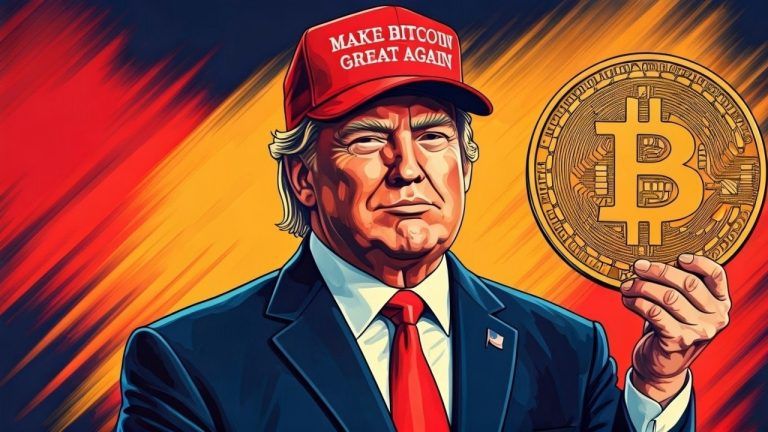
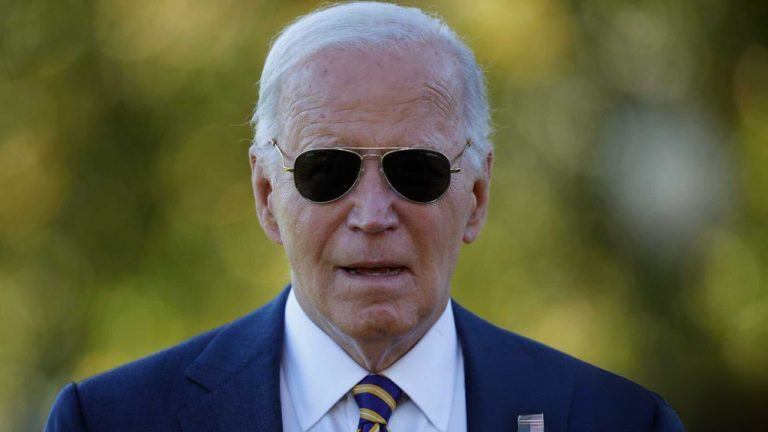
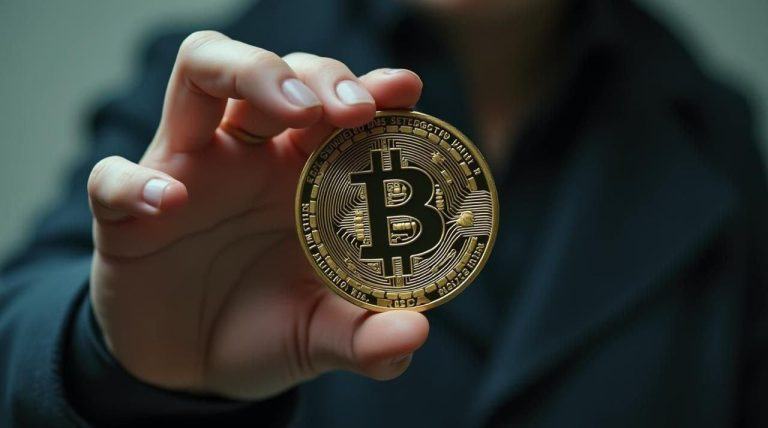

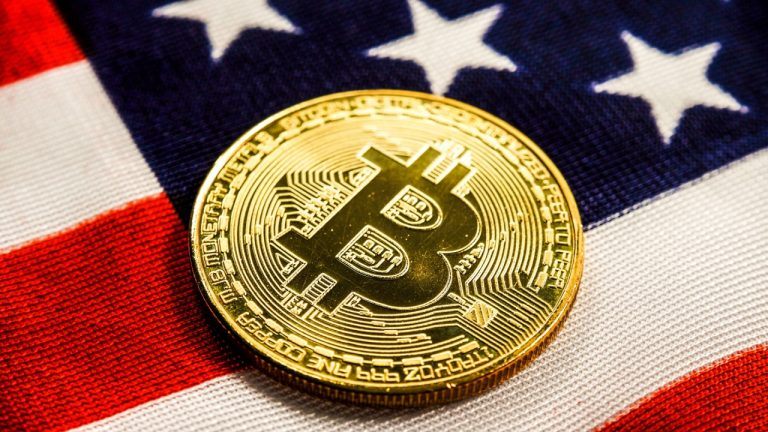

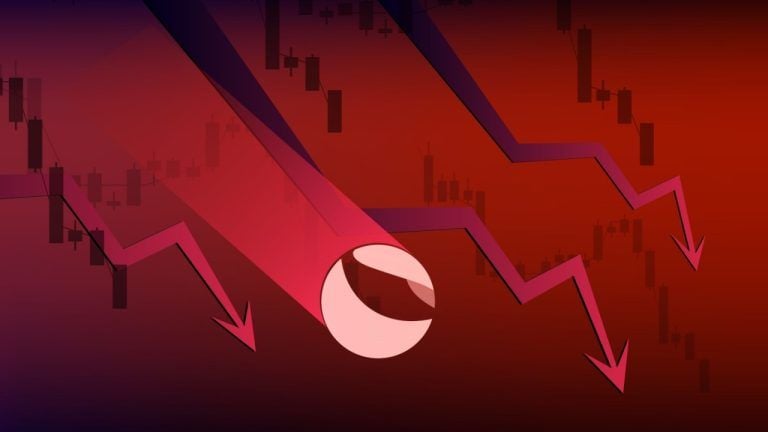





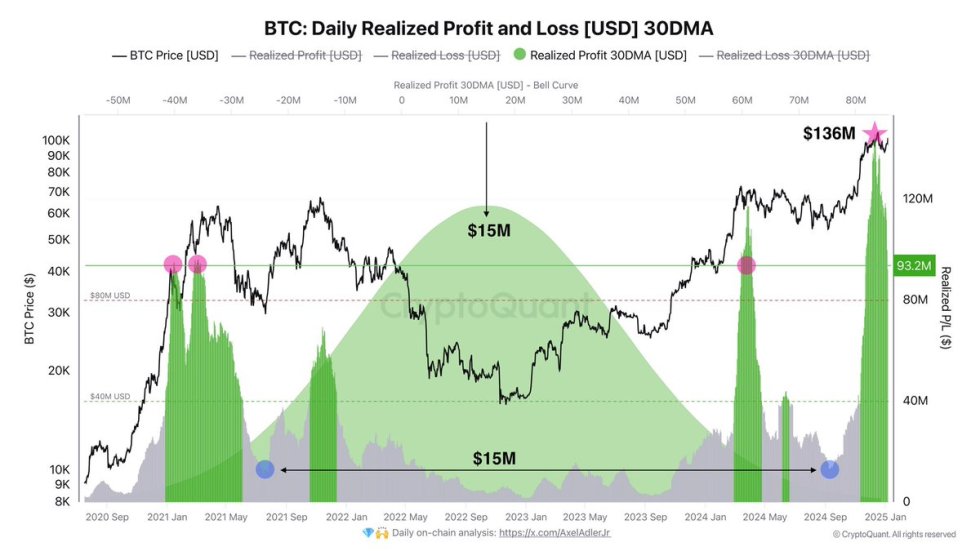
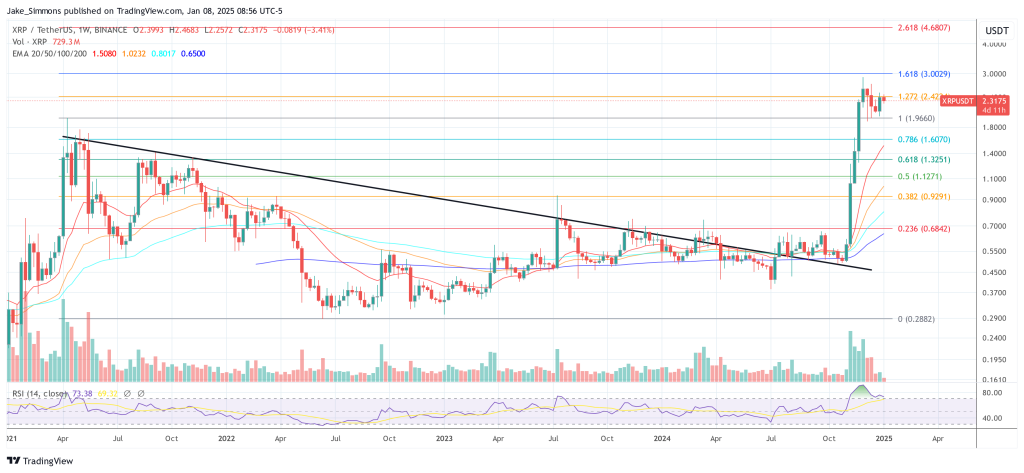
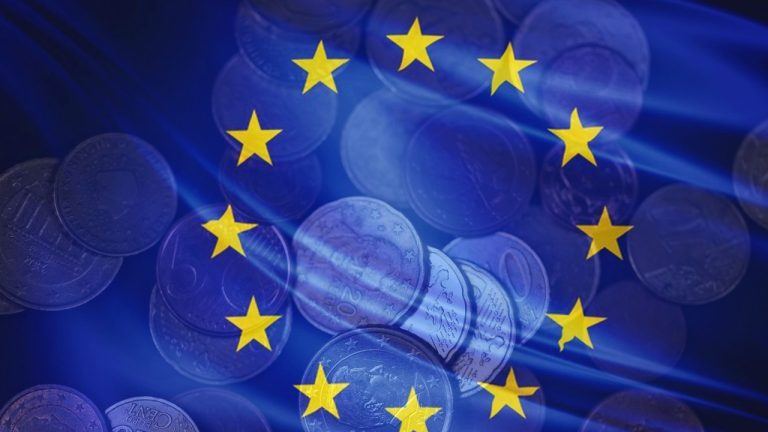

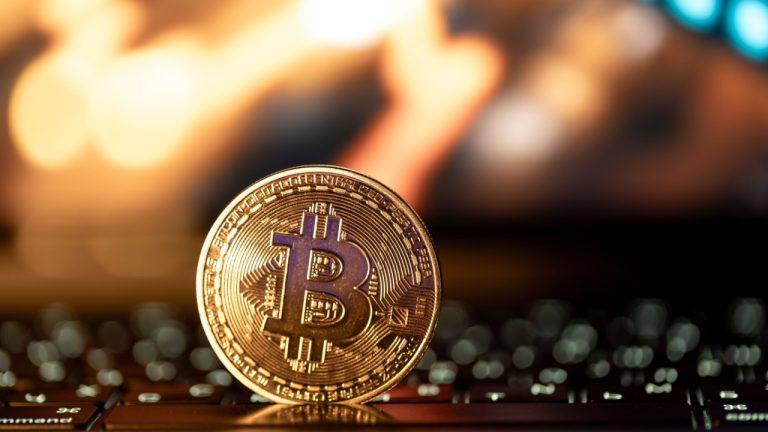
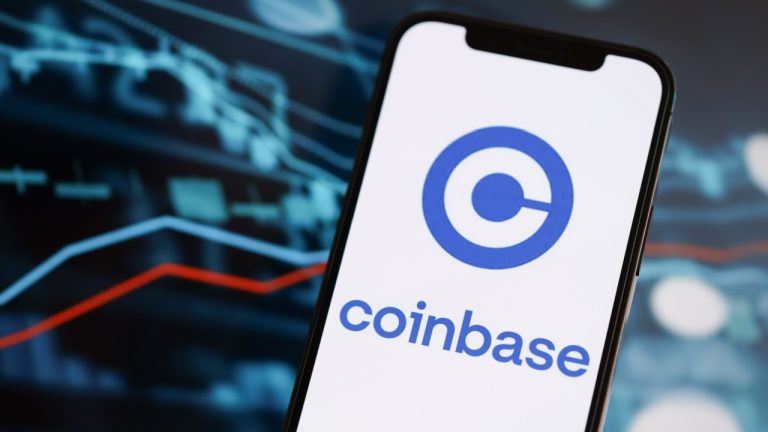
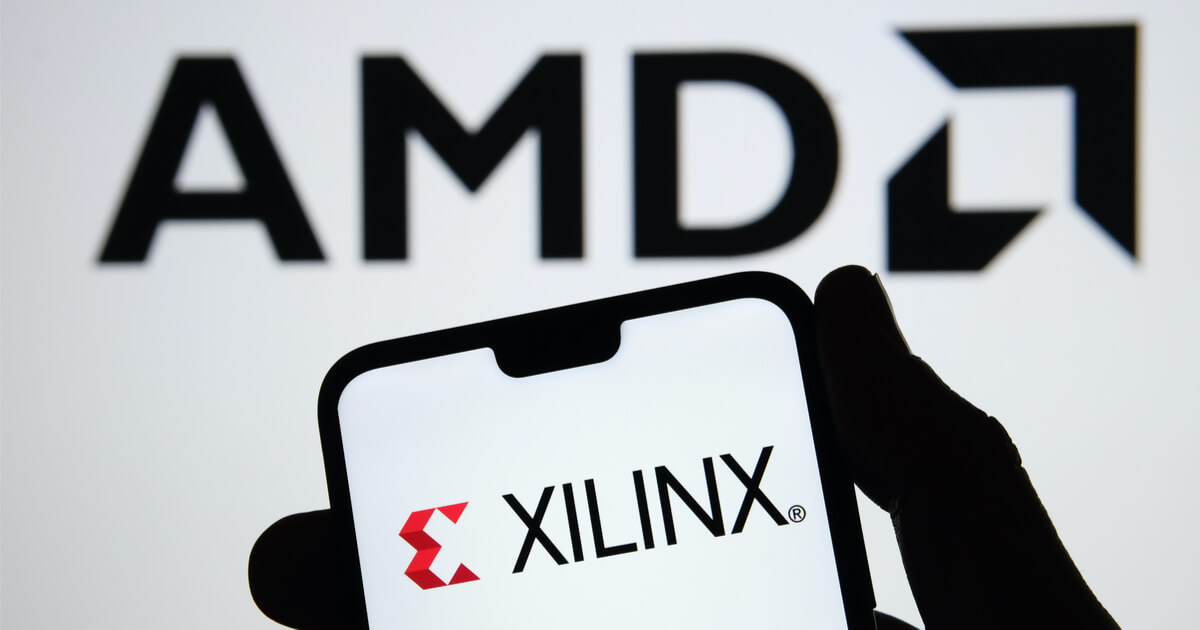
Comments